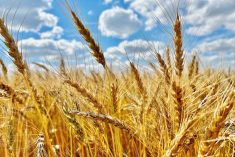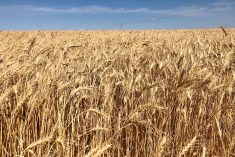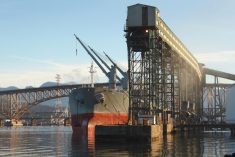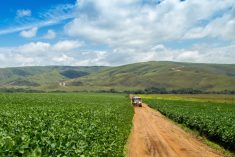Paris | Reuters — Cereal fields in Europe are generally in good condition after a dry, mild spell helped them recover from a soggy start to autumn, though grain belts around the Black Sea are lacking hardiness for winter, the EU’s crop monitoring service said on Monday.
Echoing comments from its November report, the MARS service said in its December update that drier weather allowed farmers to wrap up sowing in western Europe despite delays.
In central and northern Europe, meanwhile, mild cold spells had no negative impact and soil water reserves remained well above critical levels, MARS said.
Read Also
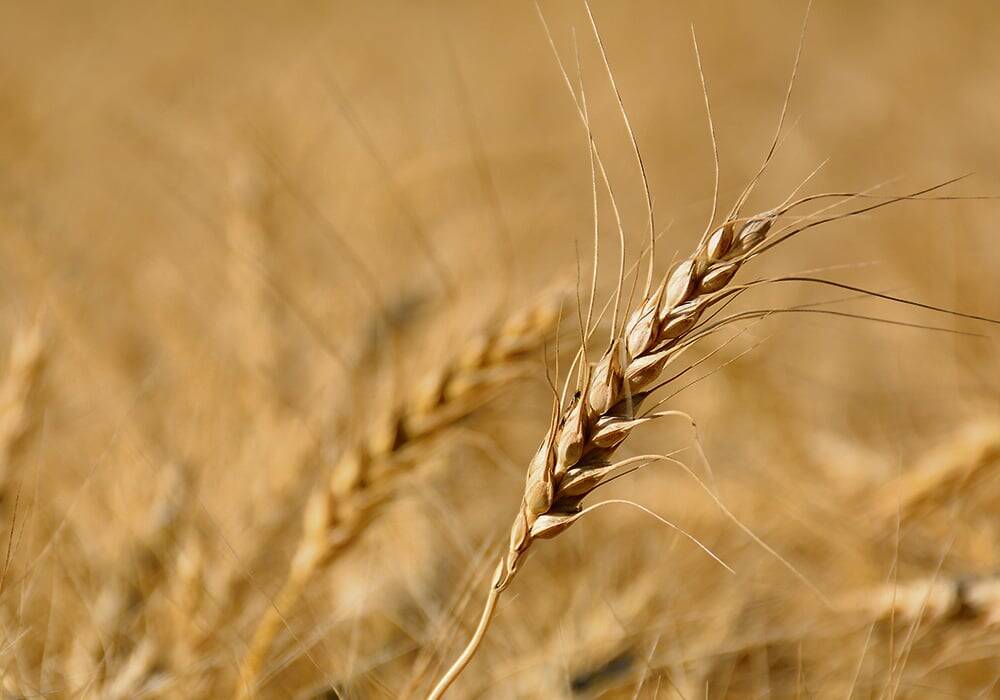
Prairie CWRS bids rise, other wheats mixed
Canada Western Red Spring (CWRS) wheat bids across the Prairie provinces saw some strength during the week ended Nov. 11, taking some direction from the United States futures. However, other wheat classes were mixed.
There were greater risks, however, in a swathe of the Black Sea rim spanning parts of European Union members Romania and Bulgaria, as well as areas of Ukraine and Russia.
“Sowing and initial development of winter wheat were seriously hampered due to very dry topsoils, resulting in crops that are currently underdeveloped and in poor condition,” MARS said.
Traders have been wrestling with reports of very bad crop conditions in Russia, the world’s biggest wheat exporter, which have fuelled uncertainty over the country’s supply as the government seeks to curb exports.
Crops elsewhere in Europe were also lacking sturdiness for winter, notably in Poland and the Baltic States, though forecasts showed no severe cold in the coming days while longer-range projections suggested warmer than usual temperatures overall in Europe this winter, MARS said.
In Sicily, an important region for durum wheat cultivation, a lack of soil moisture remained a concern, despite rain in recent weeks that allowed sowing to proceed.
Across the Mediterranean, there was “immediate need” for rain in the Maghreb to help sowing, especially in Morocco and western Algeria, MARS said.
— Reporting by Gus Trompiz





